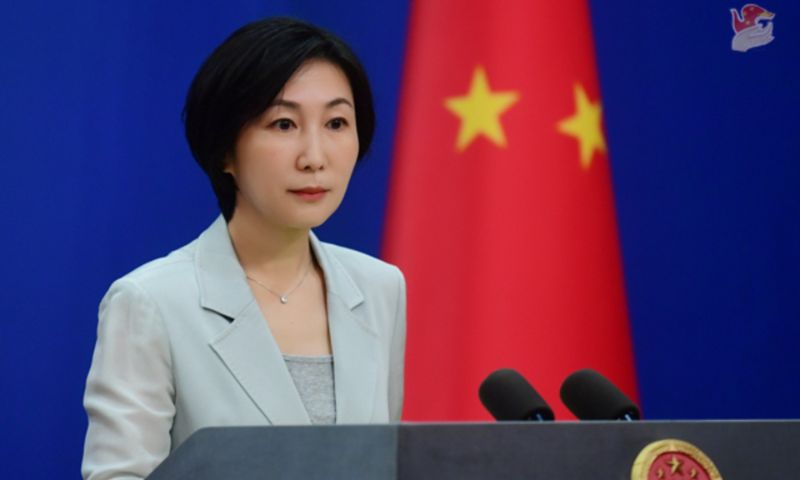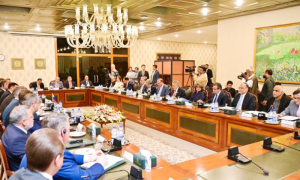BEIJING: China has strongly responded to the recent decision by India’s Supreme Court regarding the revocation of Kashmir’s special status and urged for a peaceful resolution to the Kashmir issue in accordance with the United Nations Charter, Security Council resolutions, and relevant bilateral agreements between India and Pakistan.
Chinese Foreign Ministry Spokesperson Mao Ning, in a regular briefing at the International Press Center (IPC), stated, “China’s position on the Kashmir issue is consistent and clear. It is a historical dispute between India and Pakistan that should be appropriately addressed through peaceful means, respecting the UN charter, UNSC resolutions, and relevant bilateral agreements.”
The Indian Supreme Court’s decision on December 11 endorsed the BJP government’s unilateral actions in changing the status of the Jammu and Kashmir region and rejected petitions against the revocation of Article 370 and Article 35A of the Constitution. The move is seen as a clear violation of UNSC resolution 122, which stipulates that the final settlement of the Jammu and Kashmir issue can only occur through a UN-supervised plebiscite.
China Emphasizes Kashmir Issue Resolution through Dialogue
Mao Ning emphasized the importance of dialogue and consultations among the relevant parties to resolve the dispute, urging the safeguarding of peace and stability in the region.
Kashmiri leaders have rejected the Indian Supreme Court’s decision, viewing it as an attempt to alter the demographic composition of the Muslim-majority region with Hindu settlers. Pakistan has strongly condemned the move, pledging to explore all available options to counter the perceived illegal steps taken by India.
In a unilateral decision on August 5, 2019, India took measures to strengthen its control over the Illegally Occupied Jammu and Kashmir region by eliminating a constitutional provision that allowed the region to formulate its own laws and restrict foreign nationals to purchase land in the region.























